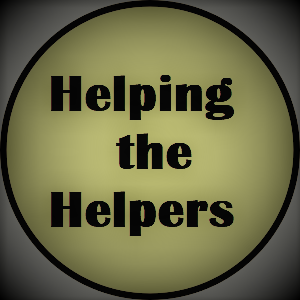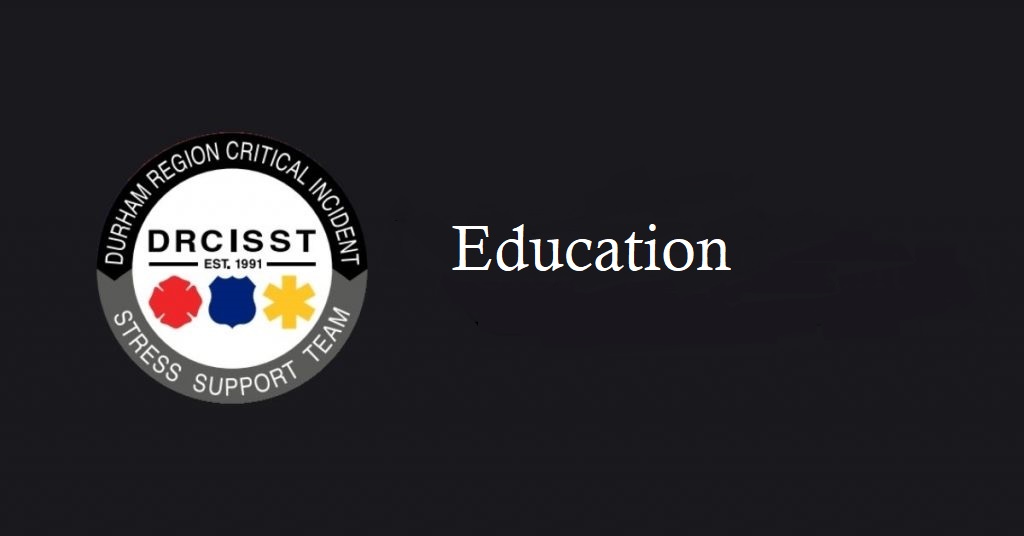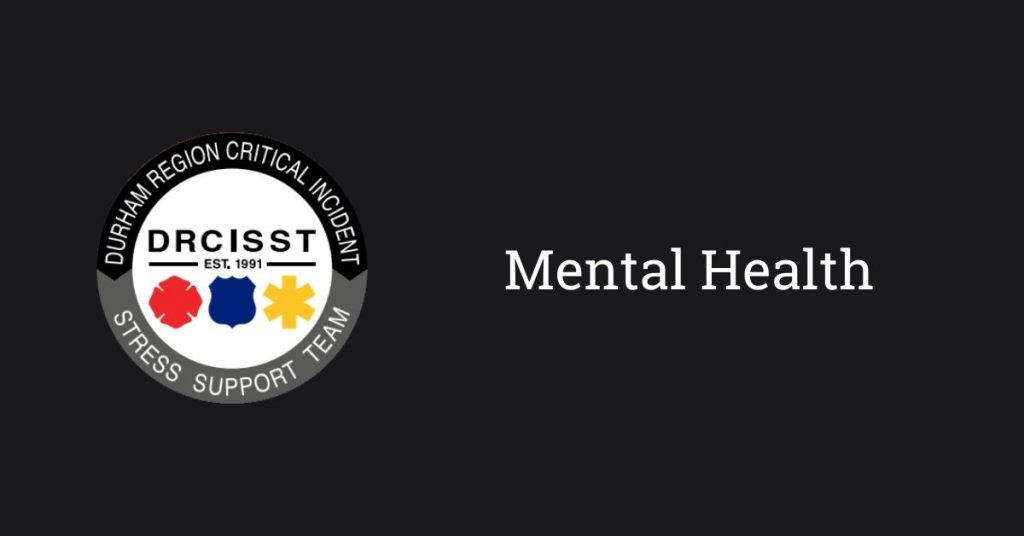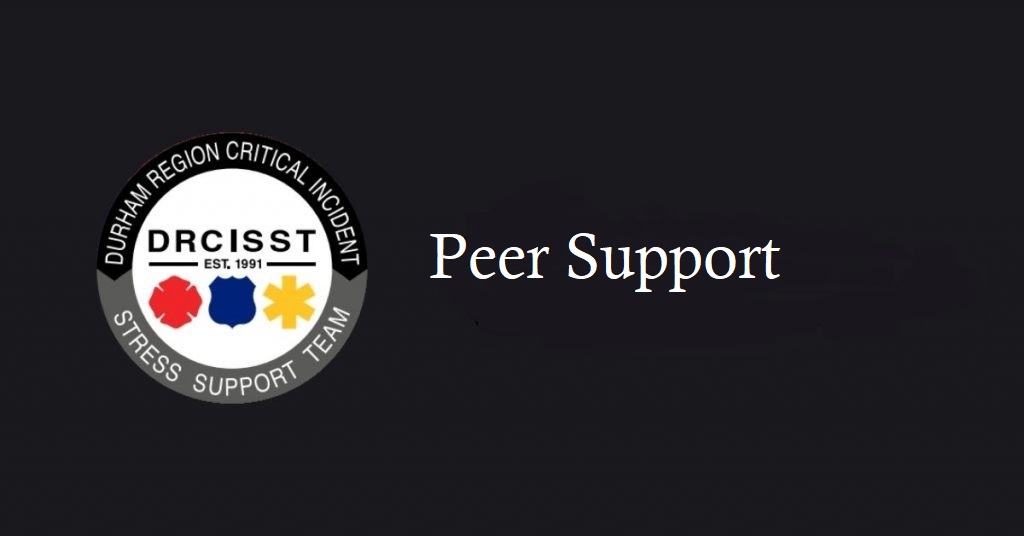Grief in the workplace is usually handled differently than in our private lives. At work we tend to see crying or displays of emotions as signs of weakness and as nonprofessional. Consequently, we deny ourselves the need to grieve and we try to carry on the best way we can. Employers and employees often underestimate how the death of a colleague may impact them. They may not appreciate some of the problems associated with grief in the workplace. The grief process is a very individual one. The time one individual spends grieving depends on the relationship and emotional attachment he or she had with the deceased. A person might feel much better one day and worse the next.
Immediate reactions
• Sadness. Crying is the most common reaction to grief. Sometimes we will cry not knowing why. Usually it is related to a flashback or a trigger that was not recognized. Spontaneous crying could also be a reaction to exhaustion from lack of sleep (often caused by grief).
*It is OK to let your colleague cry and give him/her time to be alone or to simply seek the presence of a co-worker to share the grief with. It is important that the individual monitors his/her sleeping patterns closely. If the person is not returning to a usual pattern of sleep it may be important to go see their doctor.
• Guilt is often more experienced than we would like to acknowledge. After the funeral a co-worker may want to undertake some tasks usually handled by the deceased but may not get around to following through on them (i.e. creating guilt). We may feel guilty for being happy or for laughing when other co-workers are still sad. In situations where there was a suicide, it is not unusual for co-workers to feel that they did not do enough to prevent this tragedy from happening; “why did we not see this coming?” or “maybe if we had insisted more this would not have happened”, etc. If you or a colleague feel guilty for not having done enough to prevent the death, it is important to be reassured that everything possible was done to help the person. Be careful to not blame yourself.
When the death is sudden /unexpected we may feel guilty or angry for not having the time to say goodbye. In retrospective we may wish we were at a specific place instead of where we were at the time of the death or shortly before the death. We have no control over such sad events and there is nothing we can do to change what happened. It is important however to share these feelings with a caring person.
*Remember that grief is a very individual process. We must respect everyone’s need to grieve. We must also respect and acknowledge our individual needs. It is appropriate to share times of happiness with others.
• Anger. ” Why did you leave me/us?” “We told him not to go there and he did not listen”. These are examples of statements made by grieving staff angry at circumstances that they associate with their co-worker’s death. This anger can be more intense if the death was an accident, suspected foul play or a confirmed suicide. Often, we will have no closure until the investigation is completed.
* To begin integrating the reality of their colleague’s sudden death, it is important that staff be provided with appropriate, accurate and factual information about the situation (* keeping in mind confidentiality and the family’s wishes in sensitive situations such as suicide). Upset co-workers need the opportunity to speak and share concerns with a colleague, HR or an EAP professional for healthy emotional support. They will also need time to integrate the reality of carrying out duties, without the co-worker who has left them.
• Fear is also a very common reaction to grief in the workplace. Some may want to remove pictures or personal items from the deceased’s office thinking it is not appropriate to leave them there. Others may not be able to walk in front of “his/her office” without crying or without seeing him/her there and they may not want anyone to sit in that office.
*Someone who is comfortable to do this should remove personal items. They can be sent to a family member or you could simply invite a family member to come and get them. There is no rule about when this should be done; it could be a decision by consensus. With the family’s permission, keeping a personal item as a remembrance of a deceased colleague is acceptable.
Sadness – walking in front of the office or seeing someone else assigned to the work area used by the deceased colleague can bring on feelings of sadness. As a manager/supervisor, it is important to keep staff informed when a decision has been made to hire for the position. Let them know your intentions and the time frame you need. The hired person should be made aware that the deceased employee previously occupied the position. It is important to help employees understand and accept that the new person is not a “replacement” but a new hire for the position. Both staff and the new person may need support with their reactions to the change.
• Later reactions
While the above reactions will subside with time, grieving is a very individual process. It is important to let each employee go through it at his /her own pace. However tension or conflict can arise when individuals are at different stages of grieving. It is essential to meet privately with an employee and explore what is going on. Counselling or other EAP services may be helpful to the reacting employee(s) Some will be doing fine and will return to normal duties. Others will still be struggling with the loss and be less ready to deal with change.
A frequent period of tension is when there has been a hire to assume duties and obligations carried out by the deceased co-worker. Staff may react strongly and have difficulty accepting this “new” person as an integral, permanent part of the company. If the “new” person is in a managerial position, some staff could have difficulties accepting his/her authority or accepting any advice from him/her. Some employees may even compare the new manager to the deceased and make statements such as to how the deceased would have dealt differently with this situation.





